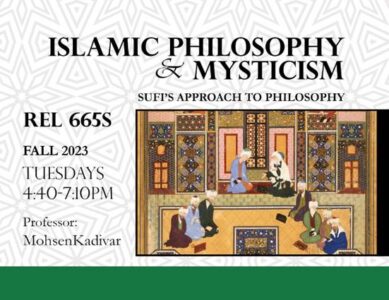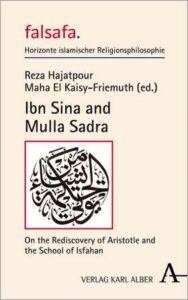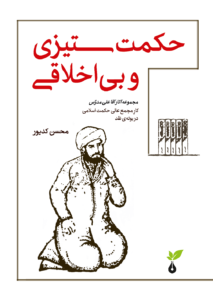
Islamic Philosophy and Mysticism (Sufi’s Approach to Philosophy)
This course focuses on Sufi’s approach to philosophy, especially on the Philosophy of Illumination of Suhrawardi and The Transcendent Philosophy of Mulla Sadra. The course starts with an introduction to the philosophy of Suhrawardi, and Mulla Sadra as well as the mystical works of Avicenna, al-Gazali, and Ibn Tufail. The main body of the course is studying and analyzing symbolic and mystical recitals of Avicenna, Suhrawardi, Gazali, Ibn Tufail, and others. We try to examine the key themes of philosophy, Sufism, and philosophical Sufism through these symbolic and mystical recitals.




